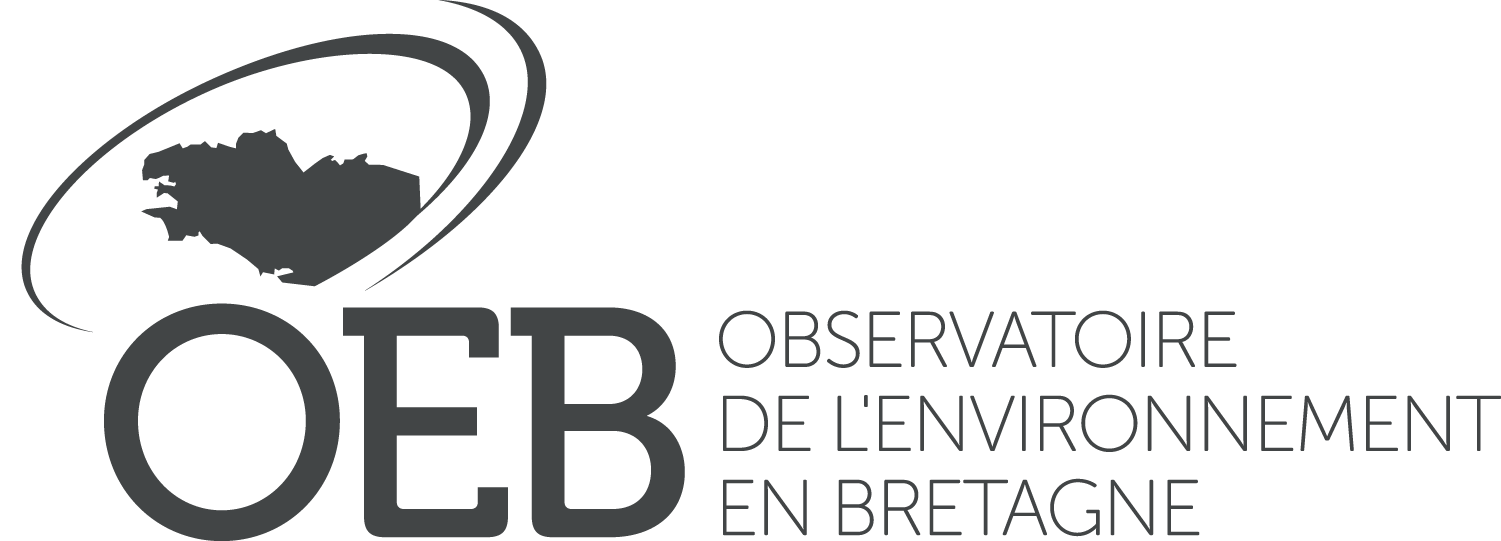This study aims to assess the water flow and non-reactive solute transfers occurring in a glossic acidic soil under a beech forest in Brittany (Fougères, France). The specific objectives were to study the water and chloride transfers in this soil, to understand the spatial and temporal variability of these transfers and to produce a data set in this forest site for future modelling. For this, we carried out a field tracer experiment and sprinkled chloride enriched solution over two areas of soil (2 × 66 m2) in March, 2006. Subsequently, we monitored the composition of the soil solutions collected by zero tension plate lysimeters and ceramic cup lysimeters installed at depths between 0 and 240 cm, over a period of 18 months. We prove that preferential flow through rapid-mobile porosity and slow transfers by convective flux though slow-mobile porosity coexist in the soils of the experimental plot, and that the time scales brought into play ranged from a few days to a yearly scale. The transfer velocities ranged between 2.38 mm day? 1 for the slowest convective flux and 600 mm day? 1 for the fastest preferential flows. We also prove that the rapid-mobile porosity represents only a small proportion of the soil volume (the mean of all depths, except 10 cm, was about 11%) but the quantity of solute transferred, which by-passes a large part of the rooting zone, may be important (around 17% of the tracer mass applied). The rapid transfer is mainly governed by the soil moisture combined with precipitation intensities and the slow transfer mainly by the cumulative percolation flux. Both transfers are also characterised by wide spatial and temporal variability. The wide transfer variability may be explained by the hydrodynamic dispersion related to the heterogeneity of the slow and rapid porosities, combined with the impact of the 2006 growing season, which slowed down the tracer displacement. Lastly, the experiment proves that the zero tension plate lysimeters mainly collect rapid drainage water, as preferential flows, while the ceramic cup lysimeters mainly collect slow-mobile water mixed with rapid drainage water.
Preferential flow and slow convective chloride transport through the soil of a forested landscape (Fougères, France)
Mise à jour :
20 janvier 2009
hydrologie
Lien vers la ressource
Type de document
Publication scientifique
Auteurs personnes
Dambrine, E.
Nys, C.
Legout, Cédric
Legout, A.
Éditeur
s. n.
Date de parution
20 janvier 2009
Langue
Anglais
